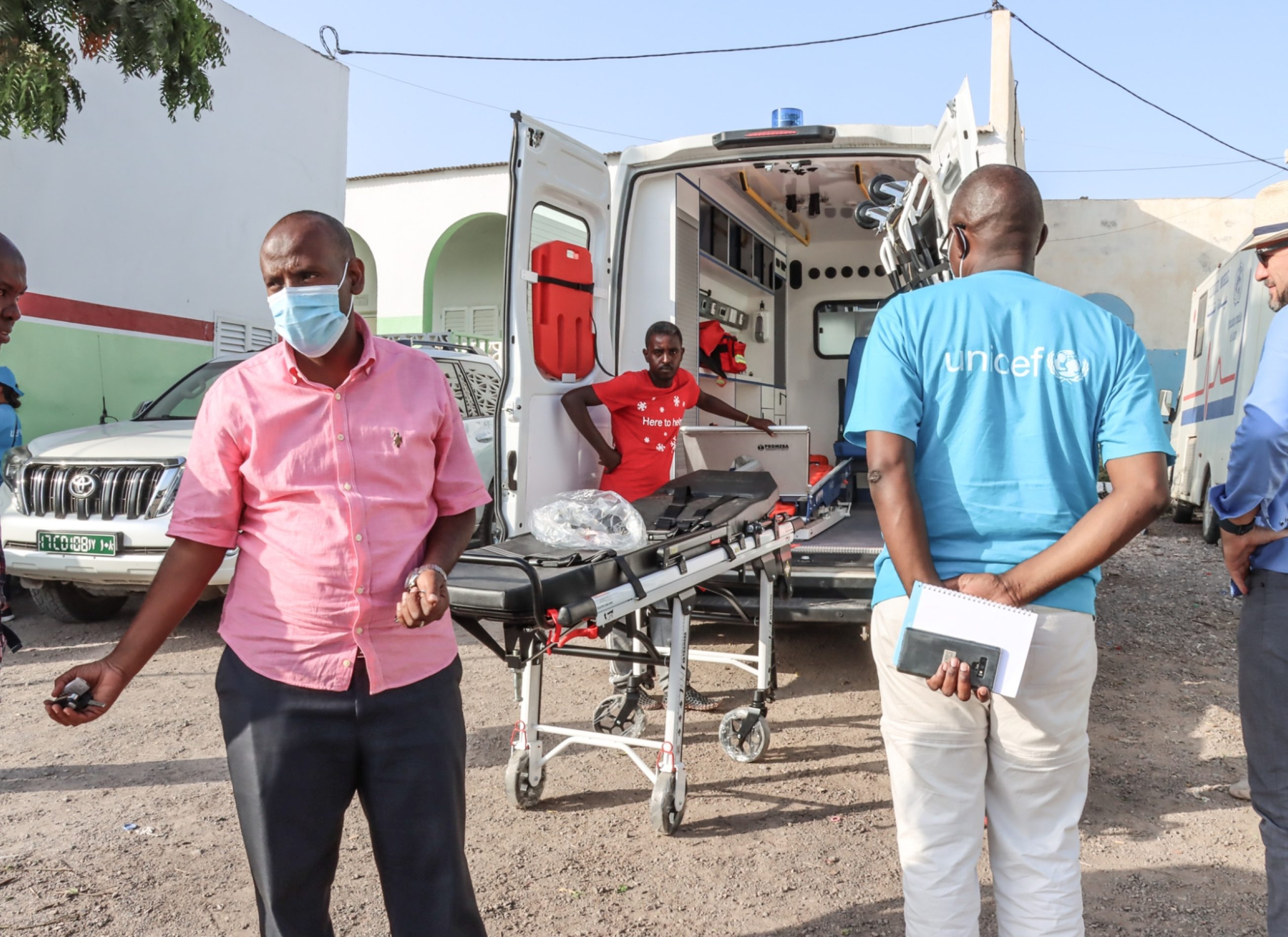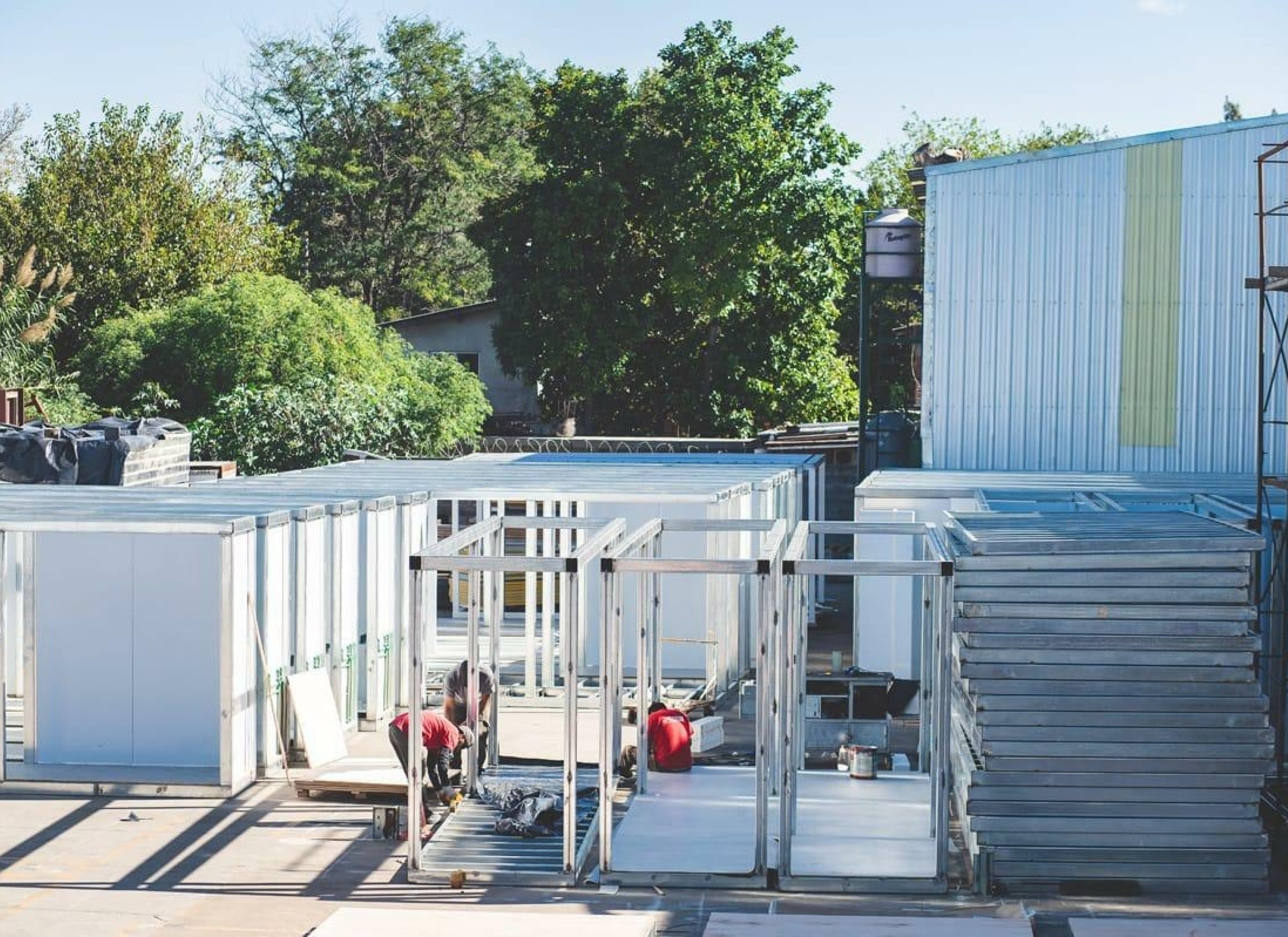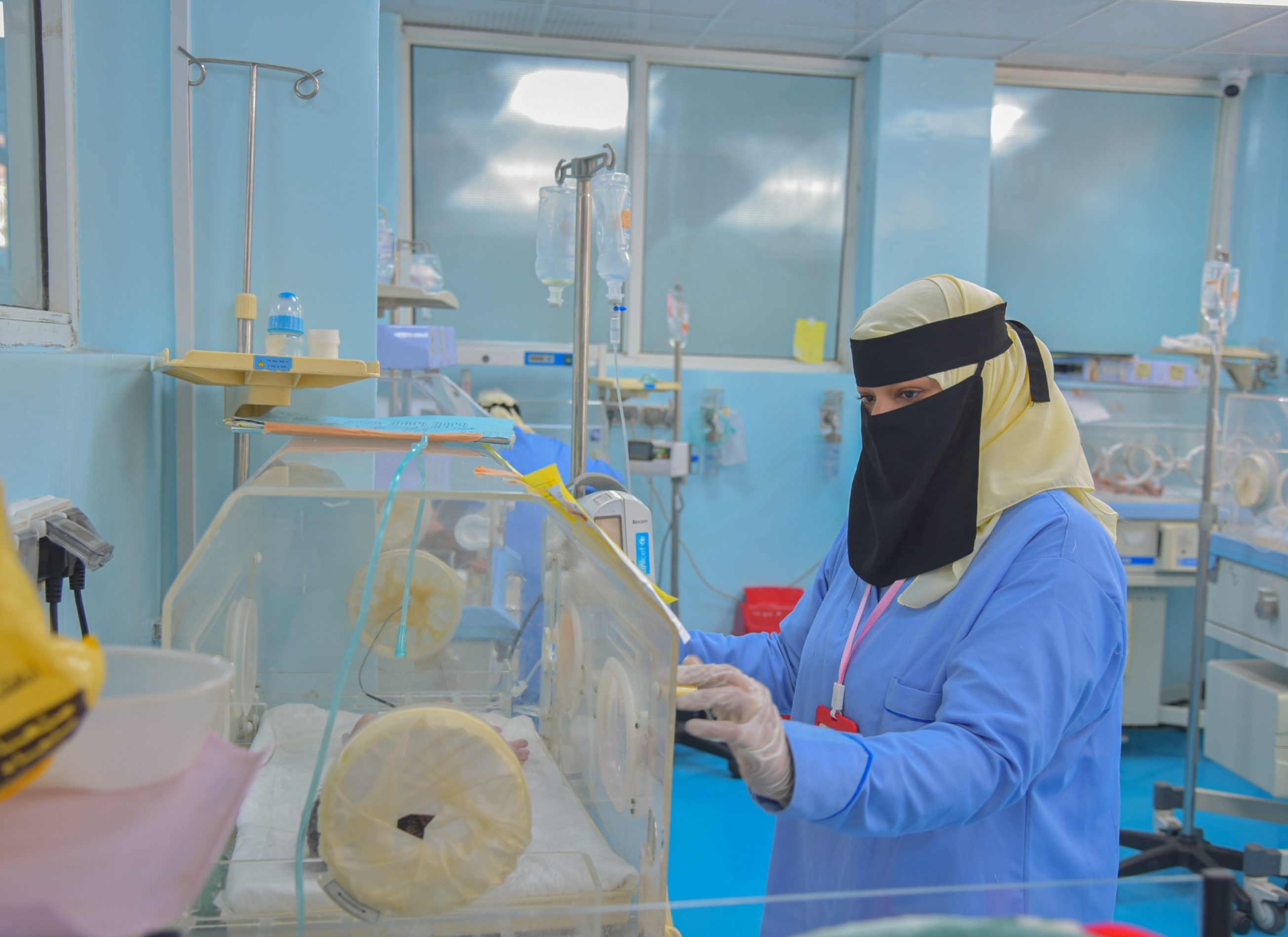Accelerating climate action
In support of the Green Climate Fund, we're helping countries prepare for a low-emission, climate-resilient future.
Too often, it is the world’s most vulnerable and marginalized people who are most exposed to the ravaging impacts of climate change, extreme weather events and natural hazards.
Increasing resilience to protect lives and livelihoods is critical.

The GCF is the world’s largest fund dedicated to helping developing countries reduce their greenhouse gas emissions and respond to the impacts of climate change. UNOPS has extensive experience providing financial and grants management services and we are proud to be working closely with the GCF to ensure developing countries have the knowledge, tools and resources they need to adapt to a changing climate.
In 2014, the GCF established two dedicated support projects: the Readiness and Preparatory Support Programme, and the Project Preparation Facility.
Jointly referred to as the ‘Readiness Programme’, these aim to enhance the capacity of national institutions to efficiently engage with GCF.
By engaging governments at various levels, as well as civil society and the private sector, the Readiness Programme helps nations develop strategic frameworks for their climate adaptation plans. It also supports them to achieve climate accreditation for specialized funding that will help finance the implementation of their adaptation plans.
UNOPS is currently working with the GCF to support more than 180 projects with over 120 different grantees in 95 nations around the world.
This is a perfect example of how a strong partnership can be formed when technical multilateral organizations like GCF join hands with UNOPS, benefitting from our extensive experience in project, financial and grant management. We are proud of this partnership and look forward to strengthening the relationship with GCF over the project duration of eight years.
GCF leads in the design of the Readiness projects and the selection of delivery partners. UNOPS then supports the implementation of the grants. This includes supporting the preparation and signing of grant agreements, disbursing funds, monitoring project implementation and supporting the closure of grants.

One such project is in Peru. Due to its coastal position, where much of its population lives, Peru is particularly vulnerable to the impacts of climate change. This includes earthquakes, flash flooding, landslides and volcanic activity, among others.
Here, UNOPS is providing grant management support for a proposal worth more than $1.4 million that will contribute to the development of national adaptation planning in the country.
The project, implemented by Fundación Avina, will help mainstream priorities for climate adaptation measures identified in Peru’s Nationally Determined Contributions (NDCs). It will also work to ensure local governments are able to actively contribute to the implementation of these measures.













